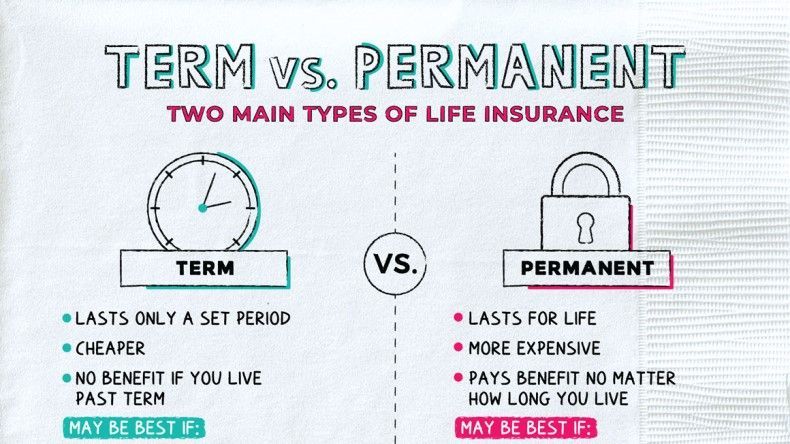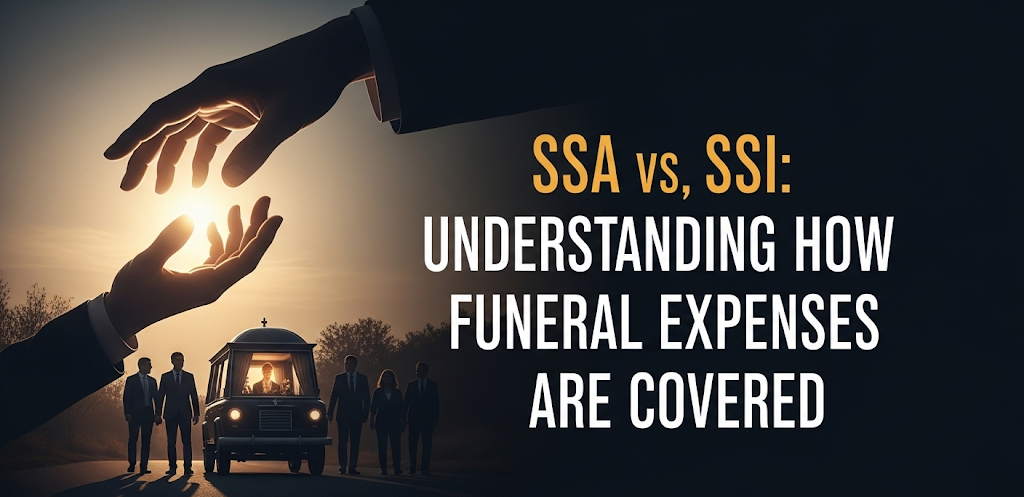Insurances... Explored
Whole Life Insurance & Term Insurance Explained

Term Life Insurance vs. Whole Life Insurance: Which is Better for Paying Funeral Expenses?
When planning for the future, life insurance often plays a critical role in providing financial security for your loved ones. One of the primary purposes of life insurance is to help cover the costs of funeral expenses, which can be unexpectedly high. However, choosing the right type of policy—whether term life insurance or whole life insurance—can make a significant difference in the financial security you leave behind.
In this blog post, we’ll explore the differences between term life insurance and whole life insurance and discuss how each can be used to cover funeral expenses. We’ll also help you understand which option might be the best fit for your needs.
What is Term Life Insurance?
Term life insurance is a type of life insurance that provides coverage for a specific period, typically 10, 20, or 30 years. If you pass away during the term of the policy, your beneficiaries receive a payout. However, if you outlive the term, the policy expires, and no payout is made.
Term life insurance tends to be more affordable than whole life insurance because it provides coverage for a set term without accumulating a cash value. It’s a straightforward, no-frills policy designed to offer financial protection for a limited time, often when you have temporary financial obligations like paying off a mortgage or covering your children’s education.
What is Whole Life Insurance?
Whole life insurance, as the name suggests, provides coverage for your entire lifetime, as long as premiums are paid. Unlike term life insurance, whole life policies accumulate cash value over time, which grows tax-deferred. This cash value can be accessed through loans or withdrawals, and the death benefit is paid to your beneficiaries upon your passing.
Whole life insurance is more expensive than term life insurance due to its lifetime coverage and the cash value component. It can serve as both a form of financial protection and an investment tool, but it is important to note that the premiums can be significantly higher, especially when you're younger.
Term Life Insurance and Funeral Expenses
Term life insurance is often seen as a cost-effective option for those looking to provide for their family’s immediate needs without breaking the bank. While it’s typically designed to cover larger expenses like mortgages, income replacement, or child care, it can certainly help with funeral costs.
Funeral expenses in the United States can range from $7,000 to $15,000 or more, depending on the type of funeral service. A term life insurance policy can be an affordable way to ensure your family has the funds they need to handle those costs without adding financial stress in an already difficult time.
The benefit of term life insurance in covering funeral expenses is that you can choose a policy amount that’s specifically designed to cover these costs. For example, a term life policy with a death benefit of $10,000 can offer sufficient funds to cover a typical funeral service.
One thing to note is that term life insurance policies often expire before the policyholder reaches old age, so it’s important to plan ahead and secure a policy when you are relatively young and healthy. If you decide to purchase a term life policy later in life, premiums could be higher.
Whole Life Insurance and Funeral Expenses
Whole life insurance can also serve as a good option for covering funeral expenses, though it’s generally more expensive than term life. The primary advantage of whole life insurance in this context is that it provides coverage for life, ensuring that your funeral expenses will be taken care of no matter when you pass away.
Whole life insurance also has a cash value component that can be used to cover immediate costs, such as funeral expenses, before the death benefit is paid out. Additionally, because whole life policies don’t expire, your beneficiaries can rest assured knowing they will have financial support for funeral costs, no matter when they occur.
For those looking for a long-term solution to funeral planning, whole life insurance may be a good option. It offers peace of mind that your funeral expenses will be covered, and it can also be an estate planning tool, helping to preserve wealth for future generations.
Which Type of Insurance is Better for Funeral Expenses?
When it comes to paying for funeral expenses, both term life and whole life insurance can be viable options. However, the choice depends on your specific financial goals, budget, and timeline:
- Term Life Insurance: If you are looking for an affordable solution to cover funeral expenses in the short term and are not concerned about the policy expiring, term life insurance is a great choice. It’s cost-effective and can be customized to meet your exact needs for funeral cost coverage.
- Whole Life Insurance: If you want to ensure that your funeral expenses are covered no matter when you pass away, and you are prepared for a higher premium, whole life insurance might be the better fit. It offers lifelong coverage and the added benefit of cash value accumulation.
Conclusion: Make the Right Choice for Your Family
Ultimately, the best choice between term life and whole life insurance comes down to your individual circumstances. If you're on a budget and need a policy solely for funeral expenses, term life insurance offers a cost-effective way to ensure that your family isn't burdened with these costs when you’re gone. However, if you want lifelong coverage and an investment component, whole life insurance can provide additional benefits and long-term peace of mind.
Whatever option you choose, life insurance is an important tool in financial planning, especially when it comes to covering funeral expenses. By making an informed decision, you can provide your family with the financial support they need during an emotionally challenging time.
#crerancelebration #heartfelt













